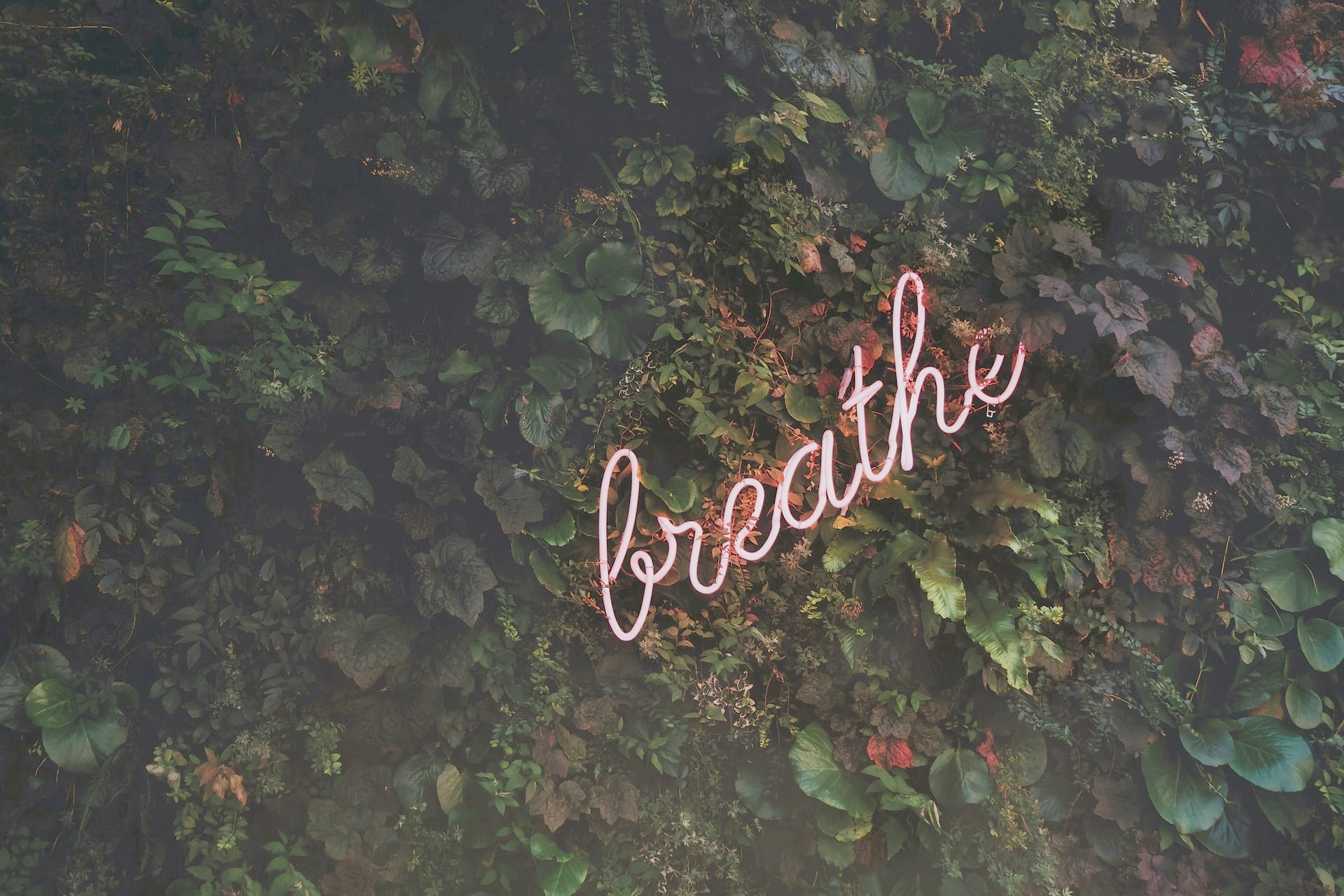Am I having a panic attack? 4 Quick Management Tips

Image courtesy of Pixabay.com
Have you ever wondered how to stop a panic attack?
Does the following sound familiar?
You are breathless, sweaty, and your heart feels like it is pounding its way out of your chest. A blinding sense of crippling fear keeps you gasping for air. You clutch your chest, not knowing what to do or where to turn. The fear only intensifies. 911 is called. Now you’re being raced to the ER, and worried you are having a heart attack. This has never happened before! And you’re too young to die!
While such symptoms could very well be signaling a heart attack (you did the right thing by calling 911, just in case), it is highly likely that you have just been introduced into the world of panic attacks. Some panic attacks may be isolated incidents that come and go, only occurring once or twice in your life. However, if such attacks are recurring, it may be an indication that you have panic disorder, along with 6 million other Americans (2.7 percent of the U.S. population).
Some more statistics in regard to panic attacks follow:
- Research indicates that nearly one-fourth of individuals in the United States experience some form of a panic attack at least once in their lives.
- Women are twice as likely than men to experience a panic attack, according to studies published in the American Journal of Psychiatry.
- In the U.S., 0.8 percent of the population experiences at least one panic attack coupled with Agoraphobia (an irrational fear of places or situations in which one feels trapped, embarrassed, or helpless, i.e., social anxiety) in their lives.
- Anxiety disorders are the most common mental illness in the U.S., impacting the lives of 40 million adults in the U.S. 18 and older (18.1 percent of the population) annually.
- Fortunately, panic disorders are very treatable, though less than 40 percent of those who suffer from them receive treatment.
Panic Attack Definition and Additional Symptoms
What exactly is a panic attack? Panic attacks, though driven in large part by subjective internal perceptions, are very real to the individuals who experience them. They are extremely horrifying, they can happen at the drop of a hat, inflicting immediate fear and nervousness for at least 10 to 15 minutes (which can feel like an eternity if you’re suffering from one).
Along with the physiological panic attack symptoms indicated above: dizziness, a choking sensation, chills, hot flashes, nausea, stomach cramps, chest pain, intense headache, numbness, and a sense of detachment or of “losing one’s mind” can be added to the symptoms list. Note that panic attacks should not be confused with anxiety attacks (anxiety attacks involve worry about a future event, while panic attacks are driven by an intense fear sparked by an immediate, perceived threat going on right now).
One of the worst components of a panic attack is the overwhelming fear of having another one. This may cause you to stay away from certain places and situations where one may occur.
Panic Attack Causes
It’s currently not known exactly what causes panic attacks or panic disorder, but researchers believe that genetics, acute stress, a stress-and-negative-emotion-prone temperament, family history of panic attacks/disorder, a traumatic event, major life changes, excessive smoking/caffeine intake, and/or changes in cerebral functioning.
Panic attacks can occur instantaneously, without warning, though after a time of recurrences, they are typically triggered by certain situations and/or places.
What to do in Case of a Panic Attack
A panic attack is a condition of adrenaline being released into your bloodstream. Stopping one is as simple as stopping the crisis response from your brain to keep your adrenal glands from producing adrenaline. By learning four steps, you can minimize and shorten a panic attack:
- Relaxing, Deep, Slow Breaths – Make yourself aware of the fact that you are having a panic attack, and that nothing else is threatening you. Continue your deep, slow breathing, which will relax your body, and begin to impede the release of adrenaline.
- Stop Panicked Thoughts – Instead of letting panicky thoughts flood your head, as loud as you can, inside your head, shout “STOP!” a few times in order to interrupt the emergency response messages that your brain is sending out to your body to produce adrenaline. Once your crisis response thoughts have been cut off, you can replace them with soothing thoughts.
- Positive Self-Talk – Positive self-talk should be at least as strong as the panicked thoughts that got you all worked up. Once you’ve “STOPPED!” the flow of negative thinking inside your head, replace those fears with more grounded thoughts to help you cope better with the situation. Remind yourself that you “are only having a panic attack which can be over in just a few minutes if I just relax.” Or, you may remind yourself that you “have gotten through panic attacks like this in the past,” and that you “will easily get through this one.” Remind yourself that everything will be just fine. You can prepare a customized list of positive self-talk statements ahead of time to help you cope with your next panic attack effectively. Read through your list a couple of times every day.
- Embracing Your Feelings. Embracing and accepting your feelings exactly for what they are, rather than minimizing them, is critical in minimizing a panic attack. Identify your emotion(s) (usually fear), and think through why you’re feeling this way. Remind yourself that it’s perfectly reasonable to be afraid of what you are (stage fright, having a heart attack, public speaking, job stress, etc.). Practice the speech you’ve prepared thoroughly, get a check-up, take any precaution to get yourself prepared and to ensure your safety. Then, to reinforce your positive self-talk, you’ll remember that you are well-prepared, or that you had a check-up recently. This preparation/safety measures will help you keep your panic attack in perspective, and will keep your panic attack in check so it doesn’t overwhelm you.
Talk to your physician or mental health care professional about what you’re doing to help yourself manage your panic attacks/disorder, and get some insight and suggestions from him or her. Group therapy can also be very helpful.
There’s no known way to prevent panic attacks or panic disorder, but it is recommended that you get timely treatment for attacks as they occur, that you follow the treatment plan your physician gives you and that you engage in physical activity regularly, to help deter anxiety.
Do you suffer from panic attacks? Do you suspect you might have panic disorder? No worries; you can handle this! If you or someone close to you need to talk to someone about mental health issues that seem overwhelming, we can help. Consider reaching out to our expert team at Solara Mental Health at 844-600-9747.





Leave a Reply
Want to join the discussion?Feel free to contribute!